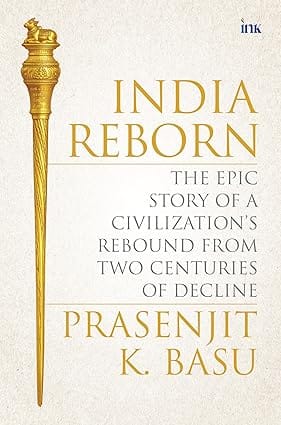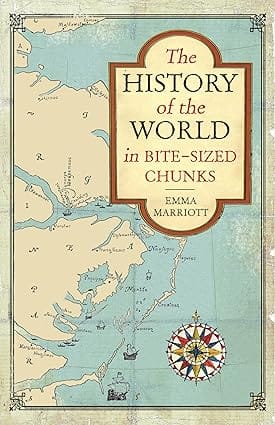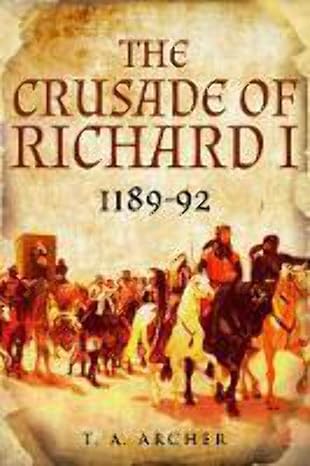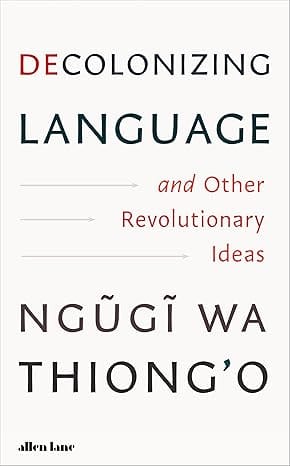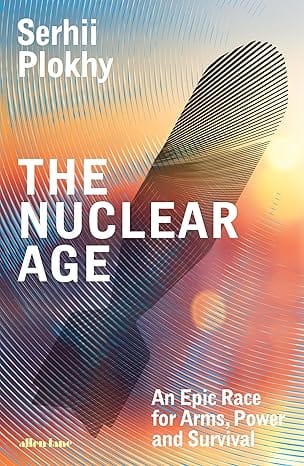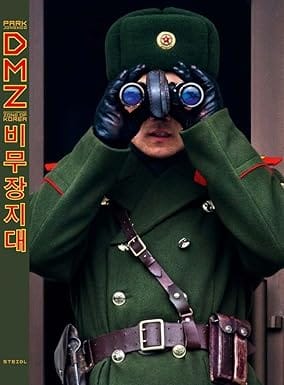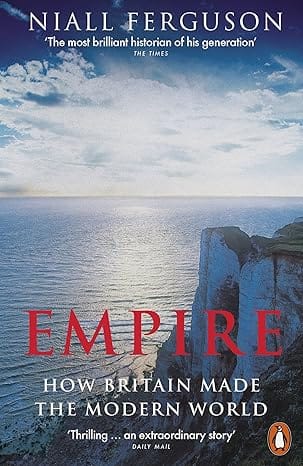- Non-ficton
- Non-ficton
- Contemporary Fiction
- Contemporary Fiction
- Children
- Children
- Comics & Graphic Novels
- Comics & Graphic Novels
- Non-Fiction
- Non-Fiction
- Fiction
- Fiction
About the Author
Prasenjit K. Basu is an economist by profession and a historian by passion. His book Asia Reborn won the Best First Book Award at the Tata Literature Live! Mumbai LitFest in 2018.
He spent 25 years in Singapore and Malaysia, including five years each as the chief economist for India and Southeast Asia at Credit Suisse First Boston and the chief Asia economist at Daiwa Securities. He was the first non-Malaysian employee of Khazanah Nasional Bhd., where he served as the chief economist. He also held leadership roles as the global research head at the Maybank Kim Eng Group, director of Asia macroeconomics at UBS Securities, chief ASEAN economist and head of Malaysia equity research at Macquarie, board member of Tata Capita
India Reborn The Epic Story Of A Civilizations Rebound From Two Centuries Of Decline
SIZE GUIDE
- ISBN: 9789365473247
- Author: Prasenjit K Basu
- Publisher: Ink
- Pages: 488
- Format: Hardback
Book Description
About the Author
Prasenjit K. Basu is an economist by profession and a historian by passion. His book Asia Reborn won the Best First Book Award at the Tata Literature Live! Mumbai LitFest in 2018.
He spent 25 years in Singapore and Malaysia, including five years each as the chief economist for India and Southeast Asia at Credit Suisse First Boston and the chief Asia economist at Daiwa Securities. He was the first non-Malaysian employee of Khazanah Nasional Bhd., where he served as the chief economist. He also held leadership roles as the global research head at the Maybank Kim Eng Group, director of Asia macroeconomics at UBS Securities, chief ASEAN economist and head of Malaysia equity research at Macquarie, board member of Tata Capita
User reviews
NEWSLETTER
Subscribe to get Email Updates!
Thanks for subscribing.
Your response has been recorded.

India's Iconic & Independent Book Store offering a vast selection of books across a variety of genres Since 1978.
"We Believe In The Power of Books" Our mission is to make books accessible to everyone, and to cultivate a culture of reading and learning. We strive to provide a wide range of books, from classic literature, sci-fi and fantasy, to graphic novels, biographies and self-help books, so that everyone can find something to read.
Whether you’re looking for your next great read, a gift for someone special, or just browsing, Midland is here to make your book-buying experience easy and enjoyable.
We are shipping pan India and across the world.
For Bulk Order / Corporate Gifting
 +91 9818282497 |
+91 9818282497 |  [email protected]
[email protected]
Click To Know More
INFORMATION
QUICK LINKS
ADDRESS
Shop No.20, Aurobindo Palace Market, Near Church, New Delhi

